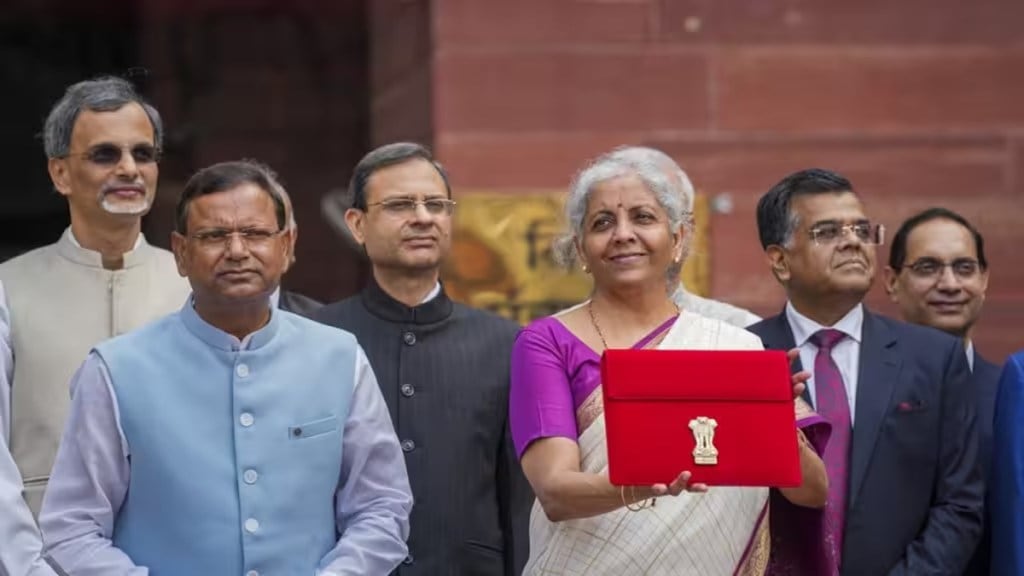As the Union Budget 2025 nears, non-banking financial companies (NBFCs) advocate for reforms to strengthen their role in driving financial inclusion and rural economic growth. The upcoming budget to be presented by Finance Minister Nirmala Sitharaman on February 1 holds significance for NBFCs as the government aims to bank the underbanked and unbanked including nano and micro enterprises and address the liquidity and funding-related issues apart from regulatory harmonisation and boosting green financing.
Among the key asks is to give priority status to NBFCs to further deepen their impact on rural population, agriculture, MSMEs, and small businesses.
Mathew Muthoottu, Managing Director at NBFC Muthoottu Mini Financiers said recognizing NBFCs as part of the priority sector and facilitating bank lending to NBFCs at lower interest rates would empower rural communities, allowing NBFCs to offer more competitive lending rates and contribute to their economic empowerment.
“This step will not only strengthen rural livelihoods but also drive inclusive growth and reinforce India’s broader economic framework,” said Muthoottu.
NBFCs also called for reducing the loan amount threshold for enforcing security interest under the SARFAESI Act to Rs 1 lakh from Rs 20 lakh. According to NBFC body FIDC, NBFCs have faced challenges due to this limit being set at Rs 20 lakh as it takes longer time for resolution of stressed accounts in the absence of SARFAESI which goes as high as five years.
This not only increases the number of stressed accounts on NBFCs’ balance sheets but also increases the legal and litigation costs of NBFCs which get unnecessarily loaded on the good MSME borrowers that are standard and making timely servicing, according to FIDC.
The SARFAESI Act, or the Securitisation and Reconstruction of Financial Assets and Enforcement of Security Interest Act, is an Indian law enacted in 2002 to allow banks and financial institutions to recover their dues efficiently without needing court intervention.
Echoing FIDC, personal loan NBFC Lendingplate said reducing the SARFAESI Act threshold to Rs 1 lakh will significantly enhance the recovery process for smaller-ticket loans, ensuring better cash flow for lenders and faster access to credit for borrowers.
“Additionally, a 10 per cent TDS exemption on interest income will free up liquidity, enabling NBFCs to provide more affordable and seamless lending experiences. As salaried professionals increasingly rely on short-term credit for emergencies and lifestyle needs, these reforms will empower players like us to continue driving financial inclusion while maintaining sustainable growth,” said Kaushik Chatterjee, Founder & CEO, Lendingplate.
NBFCs also called for the widening and deepening of the bond market to help expand alternate sources of funding for NBFCs and reduce dependence on banks. Currently, the primary as well as the secondary market for corporate bonds is limited largely to AAA and AA+ bonds.
According to FIDC, even for such bonds there is no organised market making mechanism and so these bonds tend to be largely illiquid. The NBFC body, hence, has called for a suitable mechanism of market making (perhaps on the lines of the primary dealers with suitable modifications) to be implemented to assist the corporate sector in accessing public funds in an organised manner with ready retail liquidity.
